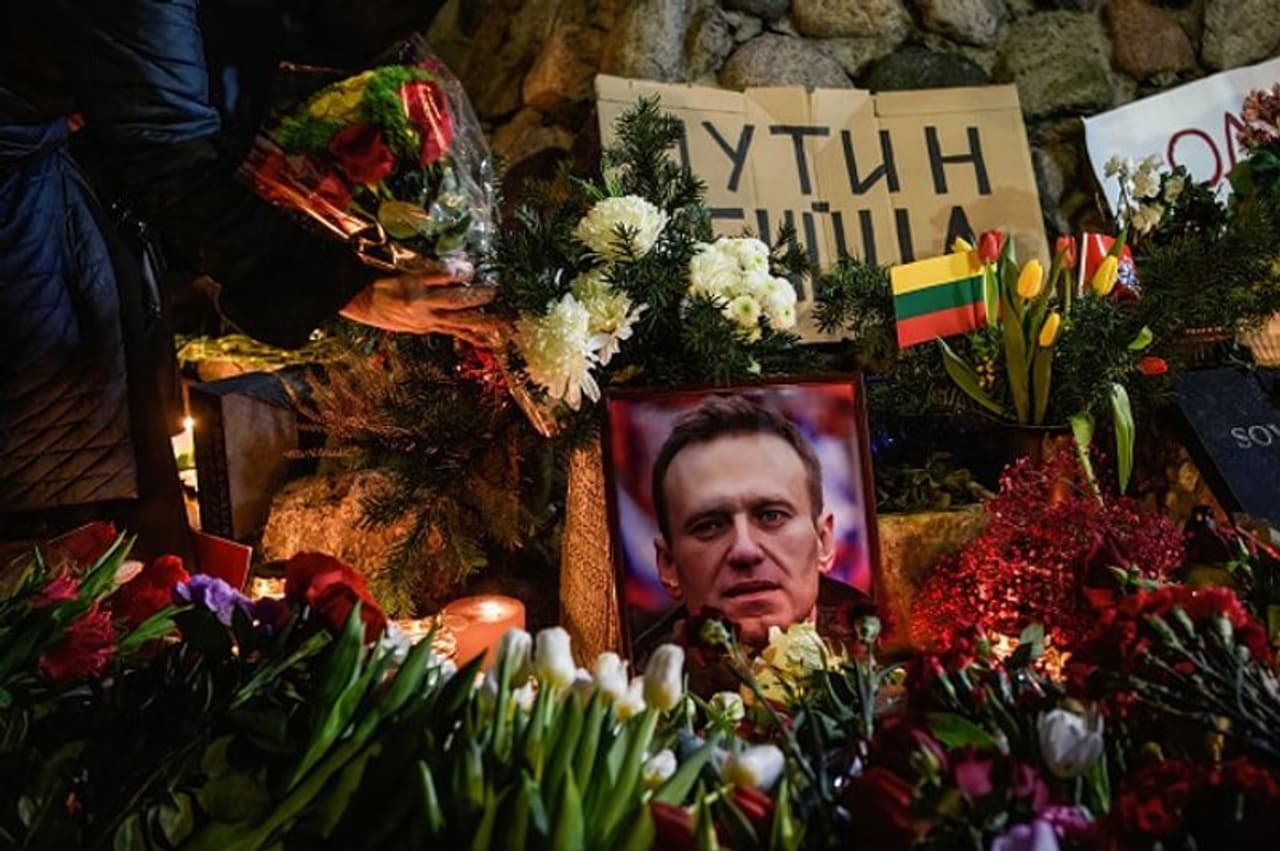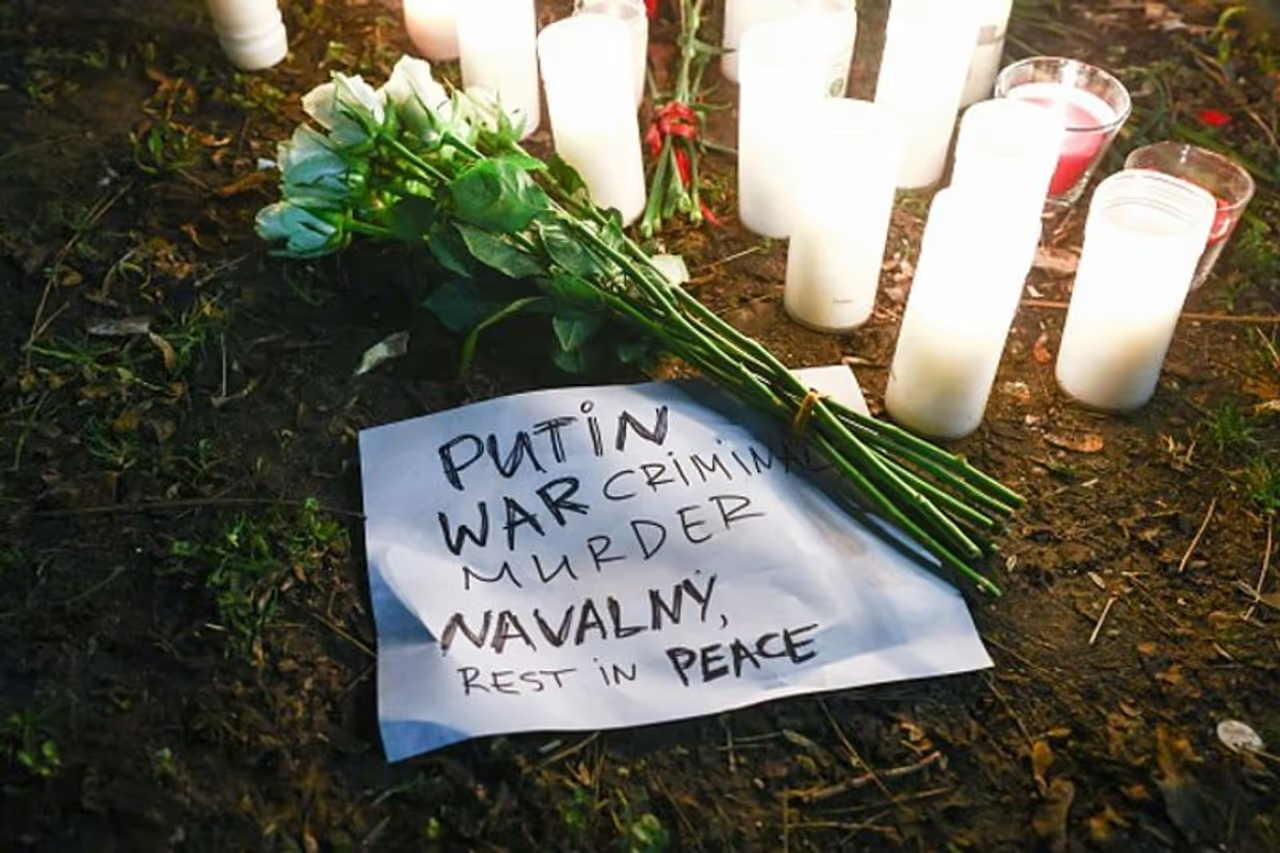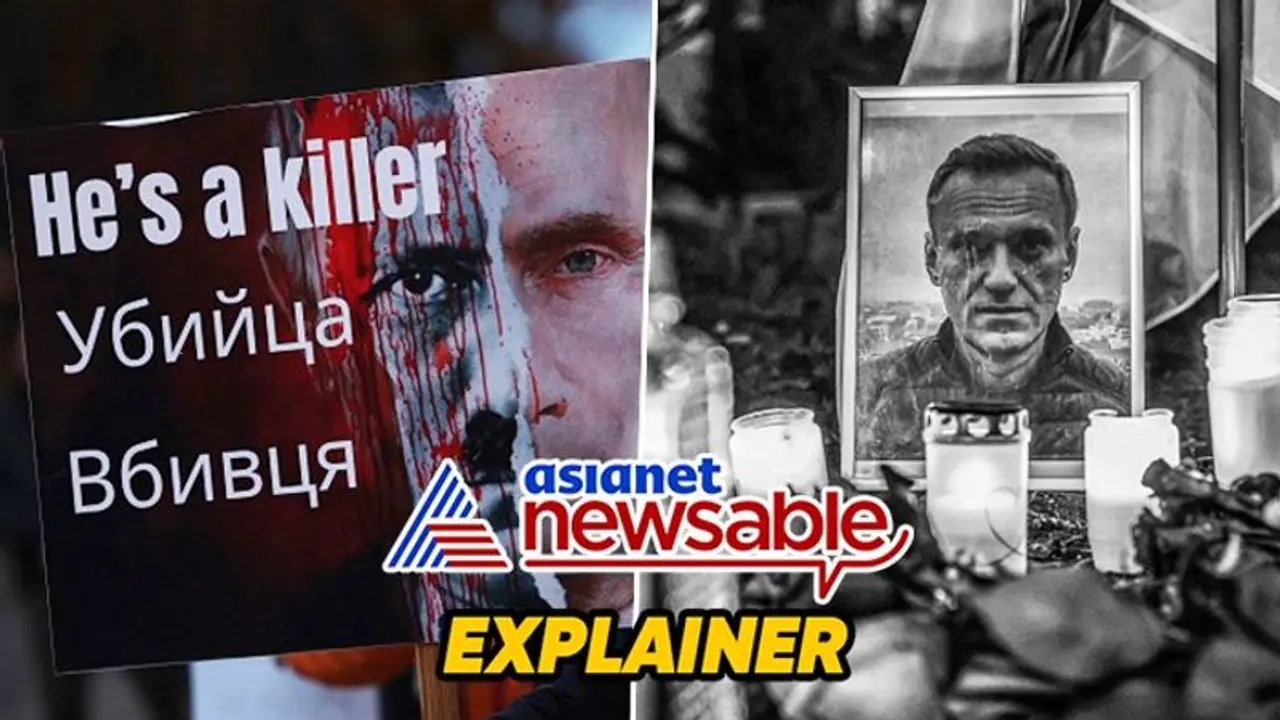An in-depth analysis of the sudden death of Russian opposition figure Alexei Navalny and its implications for Russian politics and international relations.
The sudden reported death of Alexei Navalny marks the departure of President Vladimir Putin's most notable adversary and underscores the peril of opposing the increasingly oppressive regime in Russia. Since his emergence during the significant pro-democracy demonstrations in Russia from 2011 to 2012, Navalny's charisma and intellect signaled to both the Kremlin and Putin's detractors that he could pose a substantial political threat.

Navalny's return to Russia in early 2021, despite warnings of imprisonment, made it abundantly clear that he was living on borrowed time. Ekaterina Schulmann, a non-resident scholar at the Carnegie Russia Eurasia Center in Berlin, remarked in a Telegram post, "A week ago he was healthy and full of energy. We are left with no versions other than murder."
The fate of the opposition activist coincides with a fatal plane crash that claimed the life of Yevgeny Prigozhin, leader of the Wagner mercenary group, last year. Prigozhin, revered by Russian nationalists for his role in the conflict in Ukraine, was reported killed in August, precisely two months after instigating a mutiny against the Defense Ministry’s leadership, posing the most significant threat to Putin's nearly quarter-century rule.
The removal of figures who openly opposed Putin, albeit from contrasting viewpoints, sends a compelling message to both Russians and the world, according to political observers. This message gains particular significance as the second anniversary approaches of Putin’s full-scale invasion of Ukraine, which catalyzed a wave of sanctions and prompted the US and its allies to arm Kyiv.
Navalny’s alleged death was announced on the eve of the official campaigning for the March 17 presidential election, where Putin is vying for a fifth term. Government officials swiftly implicated the Kremlin, with some directly pointing fingers at Putin himself, the former KGB officer poised to match Soviet tyrant Josef Stalin’s record term as ruler in Moscow.
Russian authorities have yet to disclose the cause of Navalny's death, stating that he felt unwell after a walk and subsequently lost consciousness. Just a day prior, he had jovially interacted with officials during a court hearing, appearing in a video from prison.

Putin's animosity towards Navalny was so intense that he refrained from using his name when questioned about the activist, a stance echoed by Kremlin spokesman Dmitry Peskov. Russian state television, which had long prohibited any mention of Navalny, briefly acknowledged his passing.
Amid already strained relations between Russia and the West following Putin's attack on Ukraine on February 24, 2022, it remains uncertain whether the US and Europe will translate their condemnation of Navalny's death into tangible penalties against the Kremlin.
Friends and allies of Navalny remained deeply concerned about his safety in prison as the Kremlin launched its most extensive crackdown on dissent in decades to suppress opposition to the war.
Their apprehension grew more acute when Navalny, aged 47, was transferred to a remote Arctic prison colony, IK-3, in late December, relocating from a jail outside Moscow. In his final post on X (formerly Twitter) on February 14, he disclosed that he had been sentenced to 15 days in a punishment cell for the fourth time since his arrival there.
Despite his confinement, Navalny continued to advocate for nationwide protests during the presidential election through social media, urging people to gather at polling stations precisely at midday to oppose Putin. He also condemned the invasion of Ukraine.
His demise marks the most recent tragedy in a series of incidents involving prominent critics of the Kremlin. Boris Nemtsov, a former deputy prime minister, was assassinated in Moscow within view of the Kremlin walls in February 2015. Campaigning journalist Anna Politkovskaya was fatally shot in the elevator of her Moscow apartment building on Putin’s birthday in October 2006.
Vladimir Kara-Murza, another notable opposition figure, was sentenced to 25 years for treason in April after denouncing the invasion of Ukraine. He has accused Russian authorities of attempting to poison him twice in the past.
During his early years, Navalny attracted controversy by engaging with nationalist factions hostile to the Kremlin, as well as expressing views against foreigners and minorities. Navalny defended these connections by claiming he aimed to construct a broad coalition against Putin, although many liberal activists remained wary of him.
Navalny, characterized by fearlessness and adeptness in navigating the internet, amassed a significant online following in Russia through investigations uncovering corruption within state companies and among high-ranking officials. He utilized social media platforms to circumvent the blackout on state television. In January 2021, Navalny ignited a firestorm with a video unveiling a luxurious $1.3 billion Black Sea palace allegedly built for Putin.
This video, viewed over 129 million times on YouTube, surfaced after Navalny's detention upon his return to Russia from Germany, where he had received treatment for nerve-agent poisoning in Siberia in 2020, an incident both he and the West attributed to the Kremlin, although Russia denied involvement.
Later that year, Russia branded Navalny's nationwide network of campaign groups as "extremist," compelling activists to disband and prompting many to seek refuge abroad. Meanwhile, Navalny's health deteriorated in prison, and he appeared emaciated during court hearings after a 24-day hunger strike demanding improved medical attention.
The fate of Navalny and his predominantly young professional movement starkly contrasts with the early optimism of the massive protests in 2011-2012 against Putin's return to the presidency, replacing Dmitry Medvedev. Despite the ensuing Kremlin crackdown, their determination remained undimmed.

In September 2013, Navalny's unexpected inclusion in the Moscow mayoral elections, prompted by widespread protests advocating for his release from detention, nearly led to a runoff against Sergei Sobyanin, the incumbent ally of Putin. Navalny secured 27% of the vote, compared to Sobyanin's 51%.
However, this marked Navalny's final opportunity to run for office. His bid to challenge Putin in the 2018 presidential election was thwarted when officials disqualified him from the ballot due to a fraud conviction. Navalny, along with the US and European Union, criticized the conviction as politically motivated.
“Navalny was essentially killed when he was arrested years ago,” said Thad Troy, managing director of Crumpton Global and a former CIA officer in Moscow. “It’s an inevitable next step for Putin to strengthen his hold over Russia.”
While incarcerated, Navalny persisted in defying Putin's authority. Additionally, he revealed that he had embraced a belief in God after years of atheism, a revelation that surprised many of his supporters.
Addressing a court during an unsuccessful appeal hearing in 2021, Navalny remarked, "Our country is built on injustice. But tens of millions of people want the truth. And sooner or later they’ll get it."
Navalny's legacy leaves a lasting impact on Russia's political landscape. His death not only highlights the challenges faced by those opposing the Kremlin but also underscores the broader implications for democracy and dissent in a nation grappling with an increasingly authoritarian leadership.
As the world reacts to Navalny's untimely demise, questions linger about the potential consequences for Russia's relationship with the West, already strained by Putin's actions in Ukraine. The international community watches closely, weighing potential responses and contemplating the future of Russia's political opposition in the wake of this tragic event.
